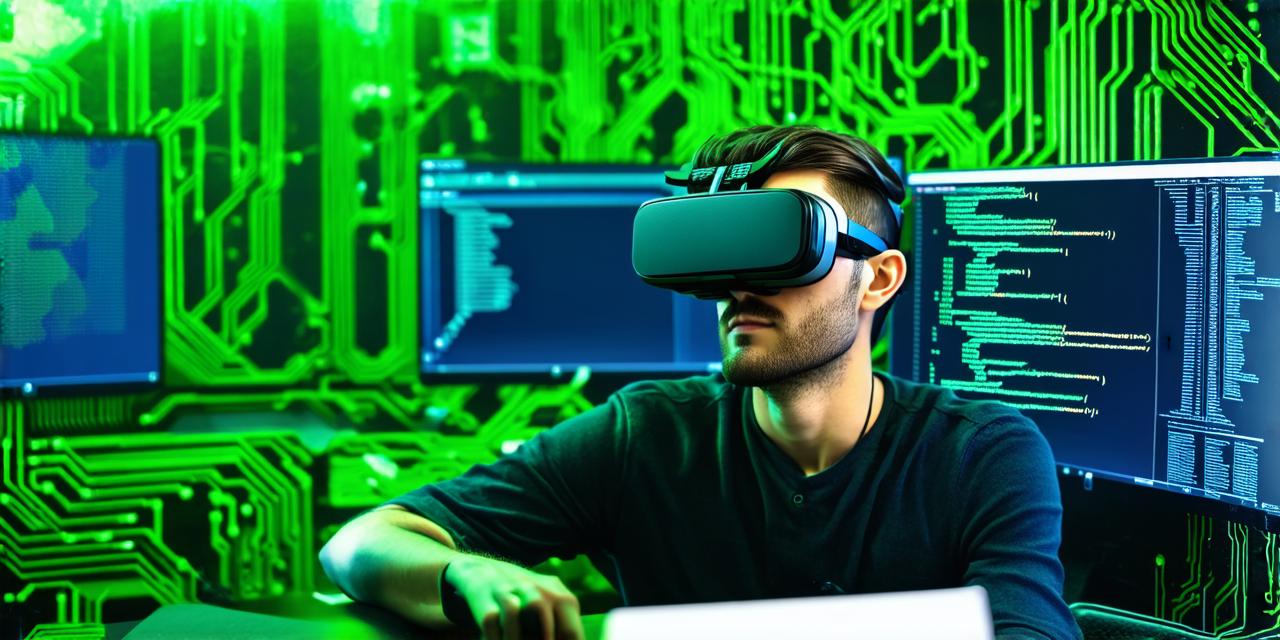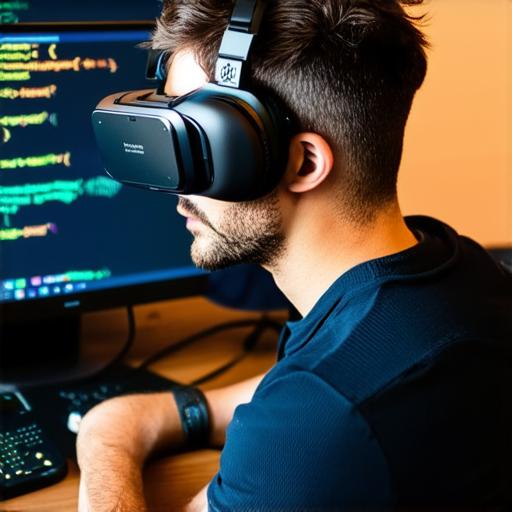
What are the responsibilities of a virtual reality developer?
Virtual reality (VR) is a rapidly growing industry that offers a wide range of opportunities for developers. With VR technology becoming more accessible and affordable, virtual reality developers play a crucial role in shaping this exciting new field.
Technical Skills
Virtual reality developers must have strong technical skills to create immersive and engaging experiences for users. This includes knowledge of programming languages such as C++, Java, and Python, as well as experience with game engines like Unity and Unreal Engine. Developers should also be familiar with 3D modeling and animation software like Blender, Maya, and Max.
In addition to technical skills, virtual reality developers must have a deep understanding of VR hardware and software. They must be able to optimize their code for different VR devices, such as the Oculus Rift and HTC Vive, and ensure that their experiences run smoothly on all platforms.
Creativity and Design
Virtual reality developers must have a strong creative streak to design unique and innovative experiences for users. They should be able to think outside the box and come up with fresh ideas for games, simulations, and educational programs. In addition, developers must be able to create visually stunning environments that immerse users in a virtual world.
Designers must also pay attention to user experience (UX) and usability when creating VR experiences. They should ensure that their designs are intuitive and easy to use, as users may become motion sick or disoriented if the experience is too complex or overwhelming.
Problem Solving and Troubleshooting
Virtual reality development can be challenging, and developers must be able to solve problems quickly and efficiently. They should be able to diagnose issues with their code and troubleshoot problems that arise during the development process. This includes identifying and fixing bugs, optimizing performance, and ensuring that the VR experience runs smoothly on all devices.

Developers must also be able to think critically and make informed decisions when faced with complex technical challenges. They should be able to weigh the pros and cons of different solutions and choose the best approach for the project at hand.
Collaboration and Communication
Virtual reality development often involves working with a team, including artists, designers, and other developers. Virtual reality developers must be able to collaborate effectively with their colleagues and communicate clearly and concisely to ensure that everyone is on the same page. This includes sharing ideas, providing feedback, and giving constructive criticism when necessary.
Case Studies
Let’s take a look at some real-life examples of virtual reality developers in action:
1. Valve Corporation
Valve Corporation is a leading developer of VR software, including the popular game Half-Life: Alyx. Their team includes developers with a wide range of skills, from programming to 3D modeling and animation. The company’s success is based on their ability to combine technical expertise with creativity and innovation.
2. Epic Games
Epic Games is the developer behind Fortnite, one of the most popular online games in the world. Their team includes developers who specialize in game engines, networking, and user experience. The company’s success is based on their ability to deliver high-quality, engaging experiences to millions of players around the world.
3. Google
Google has been working on VR technology for several years, including the development of Google Daydream. Their team includes developers with a wide range of skills, from machine learning to computer vision and natural language processing.


